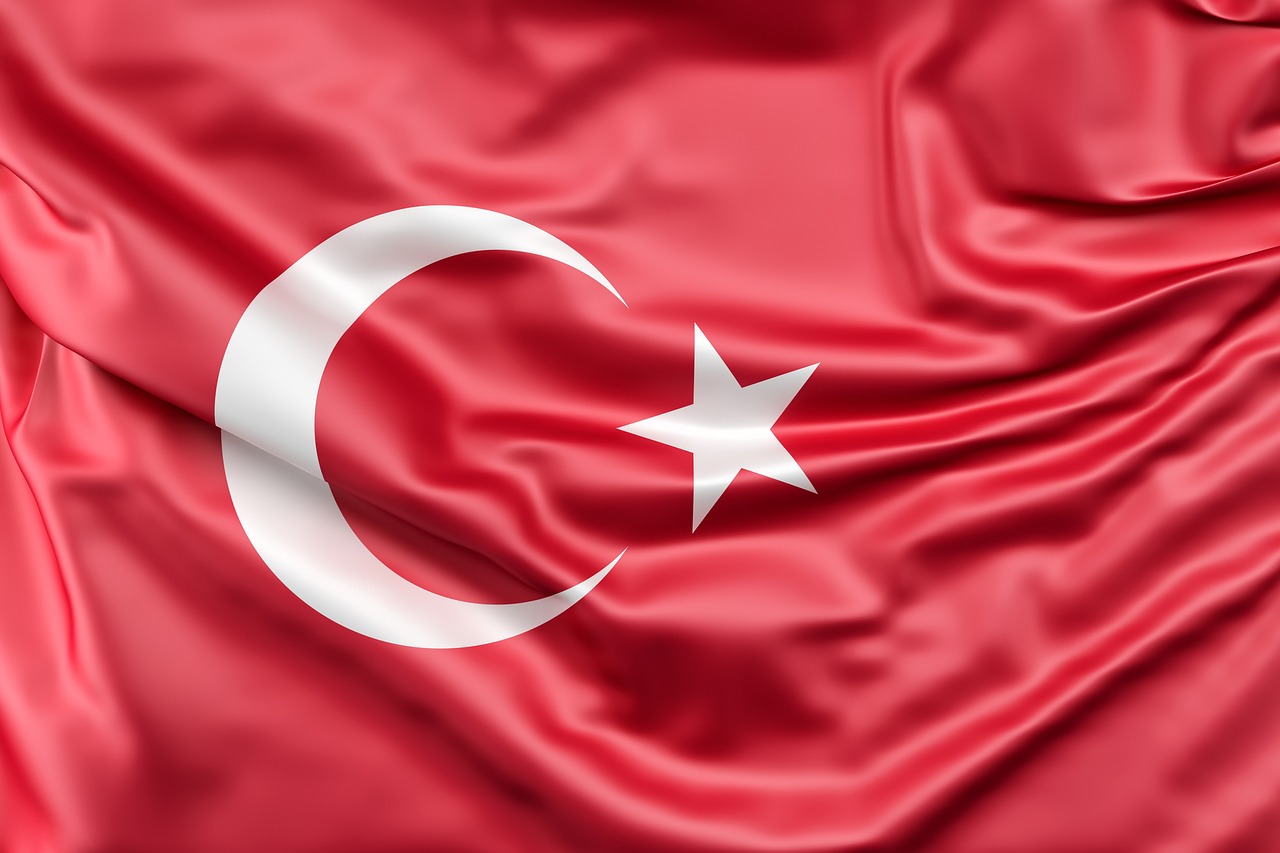“The two countries are celebrating the 100th anniversary of the establishment of the Republic of Turkey and the establishment of Hungarian-Turkish diplomatic relations with a year-long Hungarian-Turkish cultural season that starts on the 18th of December and takes place in both countries”, the minister responsible for culture and innovation János Csák announced. On the anniversary, Turkish President Recep Tayyip Erdogan will also visit Budapest.
The minister highlighted the purpose of the season is to support the excellent relations between the two countries that go back decades with the means of culture, to strengthen our cultural presence in each other’s countries.
János Csák recalled that Hungarian-Turkish diplomatic relations are officially one hundred years old, but the history of the two countries goes back much longer, so it is important to “reinforce friendship, respect for each other, and recognition of each other’s dignity from time to time”.
The minister put it this way: “The season’s purpose is to denote the points that connect the two countries beyond the individual levels and the anniversary through the arts, science, and innovations”. The minister called the initiative of ‘strategic importance’ to deepen the understanding between the two countries beyond the highest political level at the artistic, scientific and ordinary citizen levels.
Gülsen Karanis, the ambassador of Turkey in Budapest, said that the idea of the season was developed jointly by the representatives of the two countries. ‘We thought this was one of the best ways to highlight our deep-rooted and comprehensive relations, as the cultural years are one of the best examples of cultural diplomacy,’ he added.
The ambassador recalled that Turkey had been a republic since the 29th of October, 1923, and Hungary was the first country with which Mustafa Kemal Atatürk signed an international cooperation agreement on the 18th of December, 1923. One of the first departments of the new university established in Ankara under Atatürk’s leadership was Hungarianology.
‘Hungary was among the countries that supported the development initiative of young Turkey; therefore, at the invitation of Atatürk, many Hungarian architects, engineers and professionals came to Turkey and left their mark on Turkish buildings and institutions,’ he added. ‘The Turks still remember the work of the Hungarians with great gratitude,’ he emphasised.
Gülsen Karanis said that next year, in addition to Budapest, there would also be programs in eight Hungarian cities, Pécs, Szigetvár, Eger, Esztergom, Veszprém, Kaposvár, Szeged and Debrecen, where Turkish opera, ballet art, modern and traditional Turkish dance, and music would be presented. There will also be theatre performances, exhibitions, literary programs, film screenings, gastronomic events and scientific lectures.
The ambassador highlighted that on the anniversary occasion, on the 18th of December, Turkish President Recep Tayyip Erdogan would also visit Budapest.
Péter Hoppál, the government commissioner responsible for organising the season, explained the purpose of the more than a hundred artistic, scientific and innovation programs scheduled during the season is not only to promote Hungarian culture in Turkey but also to initiate long-term collaborations that can strengthen Turkish-Hungarian relations in the individual fields level as well.
He explained that Hungary has already implemented many cultural seasons in several countries of the world, but there has never been an example of organising a complex cultural season for a whole year in another country so that the destination country also holds a cultural season in Hungary. He emphasised that the program was implemented in a close partnership between the two countries’ cultural, scientific and educational institutes and ministries.
Speaking about the season’s programs, he said that, among other things, Hungarian national holidays will be commemorated, including Hungarian Culture Day, March 15th, August 20th and October 23rd. There will also be Mother’s and Children’s Day events, the Hungarian Science Day on the occasion of scientific conferences, and he also appears as a guest of honour at each other’s major festivals.
Among the Hungarian participants, he mentioned the National Philharmonic Orchestra, the Hungarian National Museum, the Hungarian National Theatre, the National Széchenyi Library, the Hungarian National Archives, the Petőfi Literary Museum, the National Széchenyi Library, the Hungarian State Folk Ensemble, the Hungarian State Opera ensemble, as well as the artists and the staff of the Operetta Theatre. In addition, the Puskás and Hungarikons exhibitions will be presented in Turkey, there will be gastronomic programs, a large-scale exhibition entitled “The Heirs of Attila – From the Huns to Árpád-House” will be organised, the Turkish public will also get to know the photos of Robert Capa and André Kertész, and the football championship of the parliamentary teams of the two countries will be organised as well as commemorating significant Hungarian figures with Turkish fire wall painting.
Csaba Káel, the CEO of Müpa and the director of the opening gala in December, said that the performance commemorates the long relationship between the two peoples, dating back centuries.
